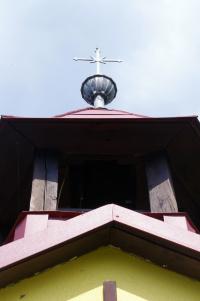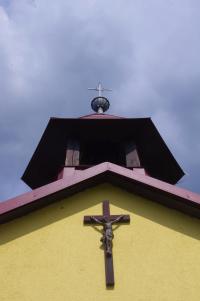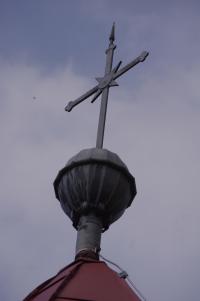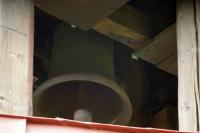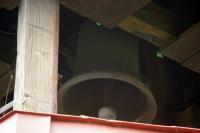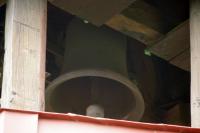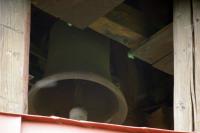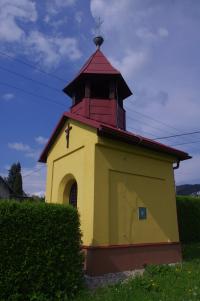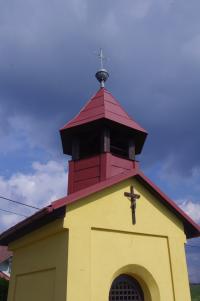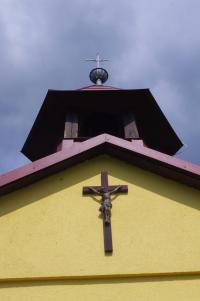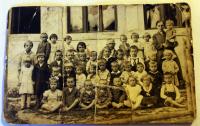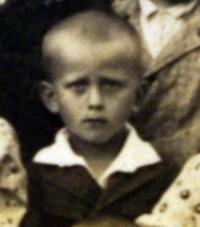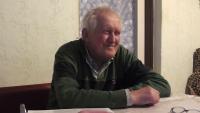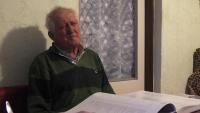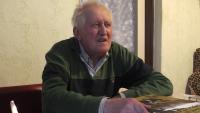My uncle had two sons in the Wehrmacht, neither came back

Download image
Josef Hamrozi was born on the 29th of January, 1929, into a Polish family in Písečná, a village located in the Czech-Polish border region. In the early 1930s, his family registered as Czech nationals for economic reasons, and Josef Hamrozi went to a Czech school. During the War, he worked for a farmer in Bocanovice. He was soon drafted into the Wehrmacht with the intent to start on the 3rd of January 1945. By then, the front was getting closer, however, so he decided to hide at his uncle’s until the end of the War. Afterwards, he worked in Třinec and helped repair the local chapel. Josef Hamrozi served as a bell ringer there after retiring and contributed to automation of bell ringing in the chapel.
